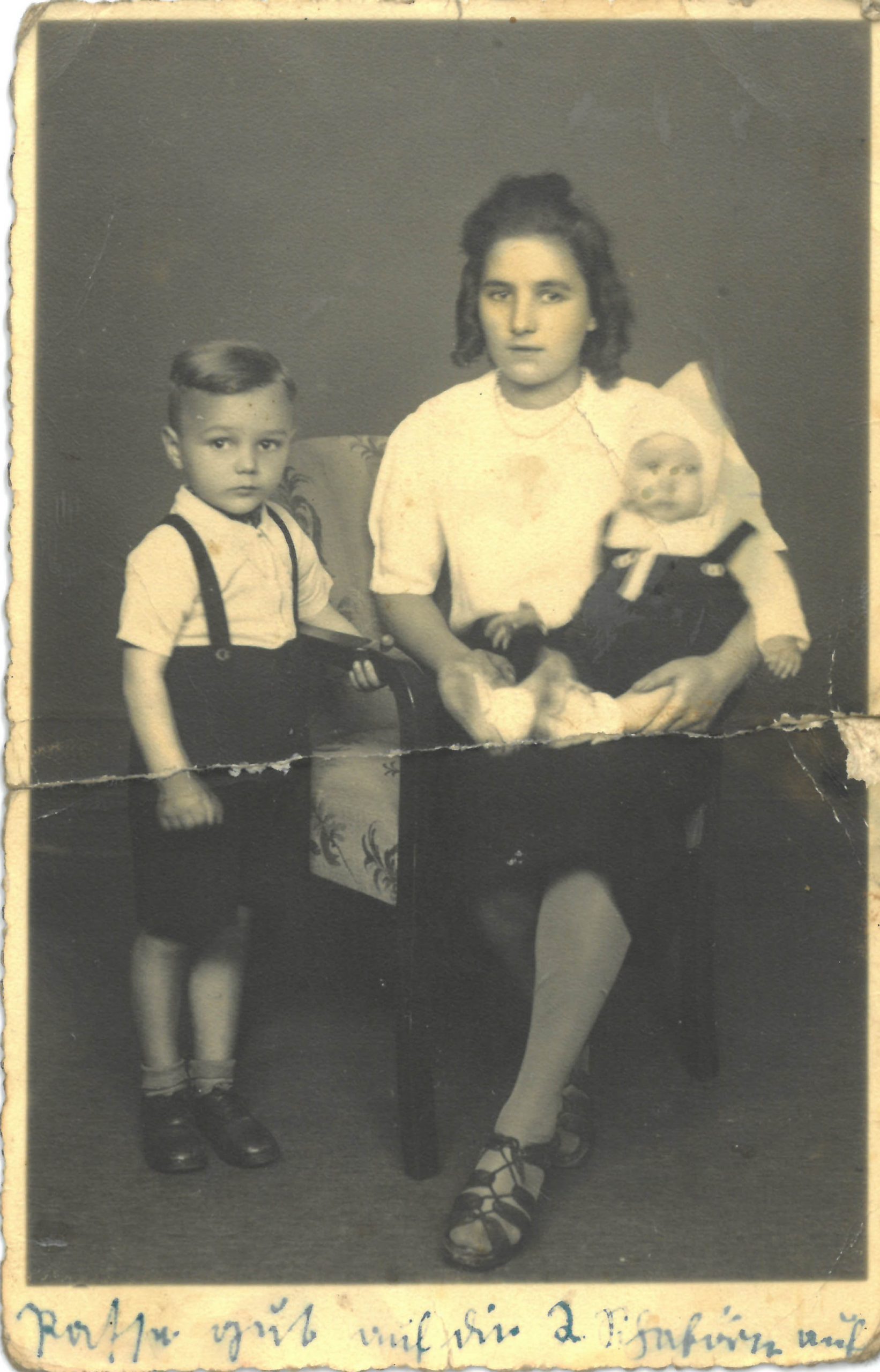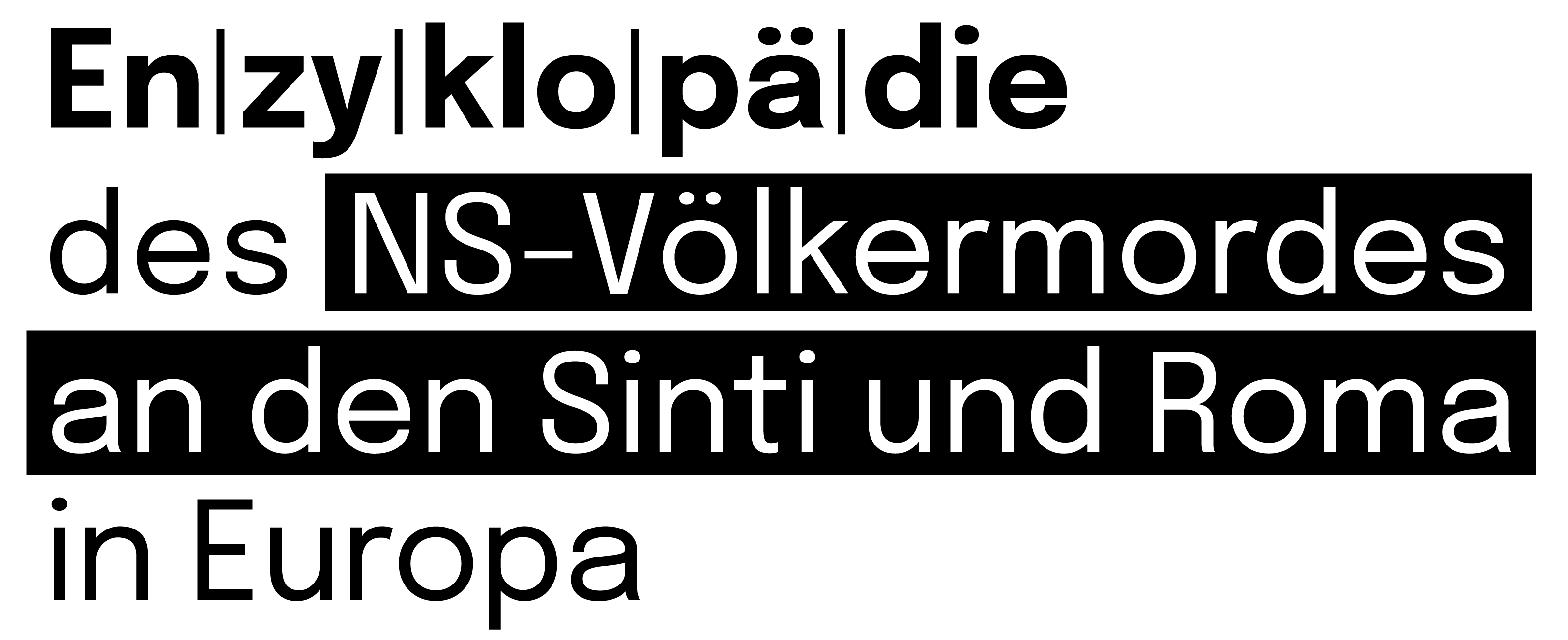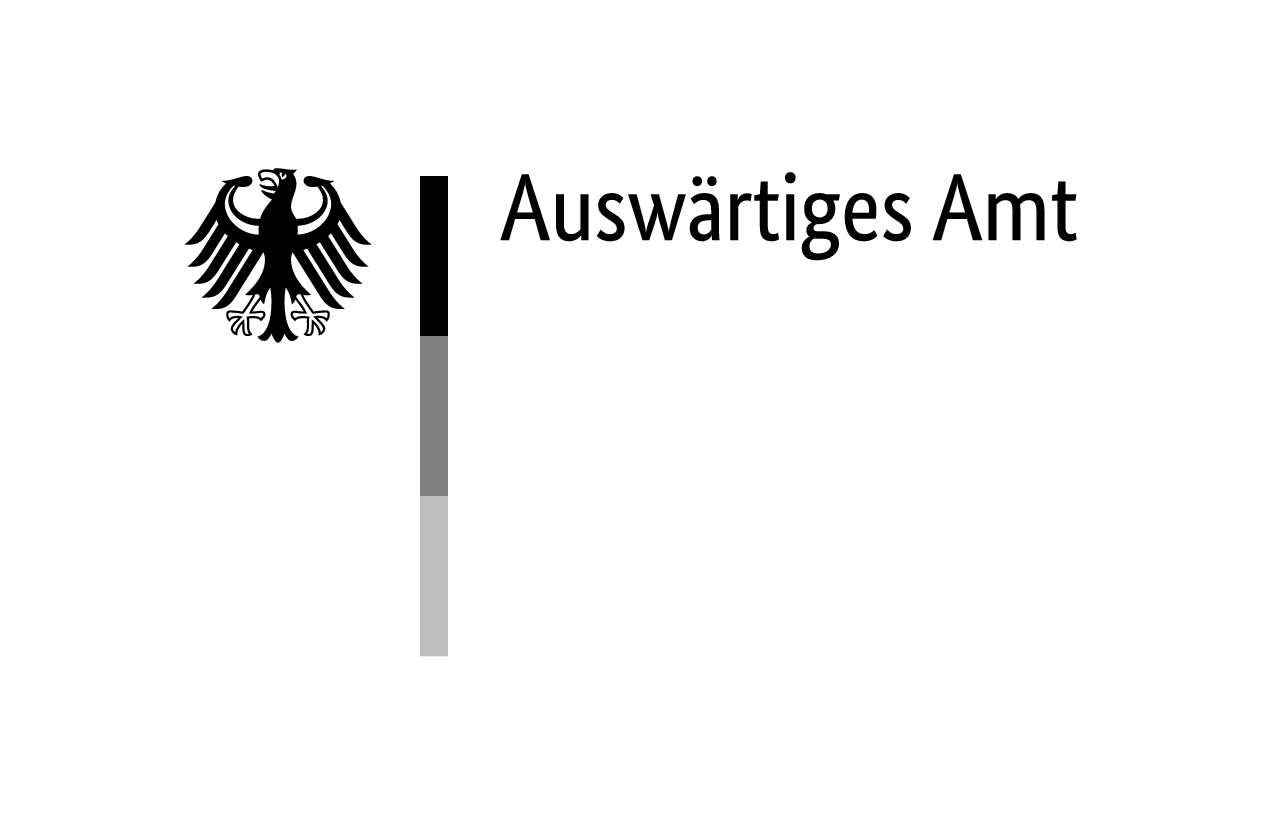Robert Georg Lehmann was born on 24 March 1942 in Niederkorn, a district of the industrial town of Differdange in the south of Luxembourg. His birth in Luxembourg reflected the determination of his parents Christine Lehmann (1920–1944) and Karl Hessel (1907–unknown) to protect their child from persecution.
Christine Lehmann had been racially assessed as a ‘Gypsy’ in her home town of Duisburg, Germany. As the father was considered ‘Aryan’, the parents, who already had a son, Egon Karl (1939–unknown), were not allowed to marry under the Nuremberg Laws. When Christine Lehmann’s parents and six siblings were deported to the General Government in 1940, she was initially spared, but was no longer allowed to leave her place of residence because of the Immobilisation Decree.
Birth in Luxembourg
In 1941, the couple were summoned by the Criminal Police in Duisburg and ordered to separate under threat of internment in a concentration camp. After the police noticed during a search of their house that Christine Lehmann was pregnant again, they both decided to travel to Luxembourg for the birth of the child.
Christine Lehmann travelled to the home of Karl Hessel’s sister Amélie (Amalia), who lived in Niederkorn, and her husband Jean-Pierre Blom. Robert Georg Lehmann was born at Bommertstraße 18. The identity of his father was not disclosed in the Differdange municipal register. Robert Georg Lehmann was baptised on 5 April 1942 in the Peter and Paul Church in Niederkorn.

Christine Lehmann mit ihren Kindern Egon Karl (links) und Robert Georg, 1942. Aufgrund der „Nürnberger Gesetze“ war es Christine Lehmann verboten worden, den Vater der Kinder zu heiraten. Christine Lehmann wurde im Juli 1943 in das Konzentrations- und Vernichtungslager Auschwitz-Birkenau deportiert und dort ermordet. Vergeblich hatten sie und der Kindsvater versucht, die Kinder zu retten. Robert Georg Lehmann wurde von der Kriminalpolizei Duisburg, Deutschland, im Februar 1944 aus Luxemburg abgeholt und wenig später zusammen mit seinem Bruder ebenfalls nach Auschwitz-Birkenau deportiert. Auch sie überlebten nicht.
Die Fotografie ist das letzte Zeugnis von Mutter und Söhnen. Sie wurde im September 1942 an eine Verwandte geschickt und trägt die Aufschrift „Passe gut auf die 2 tschawe [Romanes: Kinder] auf.“
Fotograf:in: unbekannt (Studioaufnahme)
Sammlung Mario Reinhardt
Christine Lehmann returned to Duisburg some time later and lived with her partner’s parents together with Karl Hessel and their son Egon Karl.
In January 1943, she was due to be taken into preventive custody as she had left Duisburg and continued to maintain a ‘marriage-like relationship’ with Karl Hessel. However, she managed to go into hiding. It was only weeks later that she was arrested and interned in Duisburg police prison. Karl Hessel was called up for military service. Robert Georg Lehmann was taken to Duisburg to live with his paternal grandmother on 19 May 1943. In July 1943, Christine Lehmann was deported to the Auschwitz-Birkenau concentration and extermination camp.
Futile Rescue Attempts
A month later, while on leave from the front, Karl Hessel brought his son Robert Georg back to Amélie and Jean-Pierre Blom in Luxembourg and registered him in Differdange. At first, the Blom and Hessel families successfully fended off attempts by the Essen criminal investigation department to extradite the boy.
However, in February 1944, the Duisburg criminal police sent a civilian employee to Luxembourg to bring the boy to the Reich with the support of the Ordnungspolizei in Luxembourg. On 7 March 1944, the two children Robert Georg and Egon Karl Lehmann were deported to Auschwitz-Birkenau in an individual transport accompanied by a Duisburg detective. Their mother Christine Lehmann died on 28 March 1944 in the infirmary there, allegedly of ‘intestinal catarrh due to physical weakness’. After being informed of her death, Karl Hessel’s mother tried in vain to secure the release of her two grandchildren.
Robert Georg Lehmann died in Auschwitz on 27 June 1944. The circumstances of his brother Egon Karl’s death have not yet been established. Karl Hessel was reported missing on 14 July 1944 in Beremowce, today Berymitvtsy. As there is no sign of him after 1945, it can be assumed that he died in combat.
In 2014, the story of Christine and Robert Georg Lehmann first became a subject of research and discussion in Luxembourg. In the same year, a stumbling stone was laid in memory of Robert Georg Lehmann at his birthplace, Bommertstraße 18 in Niederkorn.




